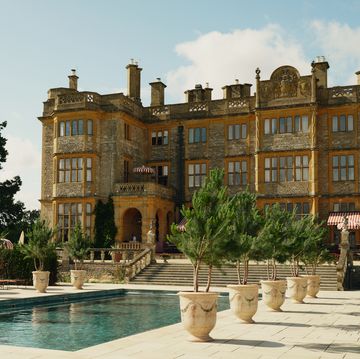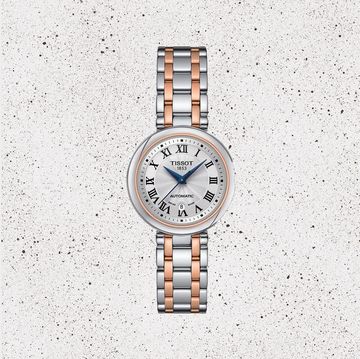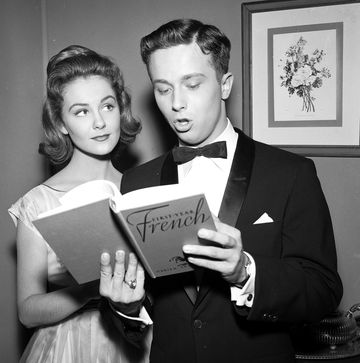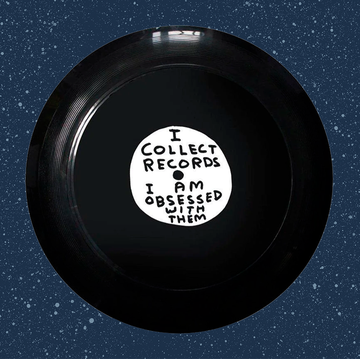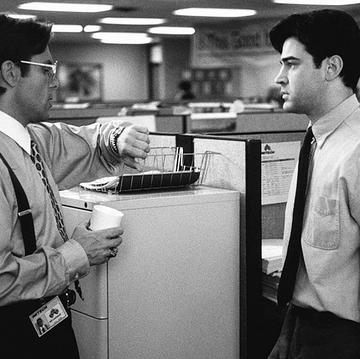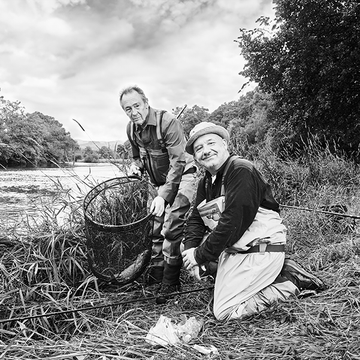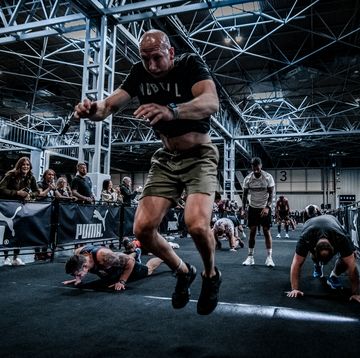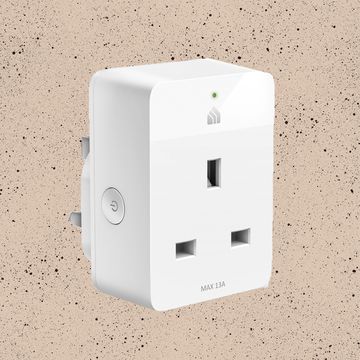My Grandfather was a stern man who liked you to clear your plate. Every summer when I’d visit him and my Grandmother, I’d dread the huge portions he’d slop down in front of me without asking – mounds of mash so big I’d imagine scaling them like an arctic explorer, or at least would have if I wasn’t so anxious about finishing it all.
He could reprimand you for just about anything, even when you thought you’d done OK. How well you paid attention. How clearly you spoke back. How many pauses you took doing laps of the public swimming pool as he watched carefully down the rim of his glasses. Everything could be corrected, or improved upon. First you’d hear a tut, then a clearing of the throat, then a well thought out bollocking for whatever you’d got wrong.
But one area where he had boundless patience was chess, the game he’d passed onto my father and then onto me. When we played chess, by the fire on a board he'd made himself - me in my pyjamas ready for bed, Grandma reading in the background - there’d be no tuts or throat clearing. Just the steady dismantling of my pieces by his: the sly, hopping knights, the bishops with their long range sniper lens, the queen flying in every direction leaving devastation in her wake. It would never have occurred to him to let me win, but nor would he scold me for making a mistake. Instead he’d calmly explain mantras about the game I still hear in my head today.
Control the four centre squares. They’re the most important.
When in check, ask yourself in this order: can I take the piece, can I block the piece, must I move my King?
Be wary of bringing the Queen out too soon. She’s the most powerful piece you have.
This past Christmas, I made a simple if somewhat hopeless resolution to channel some of the fretful energy I put into Twitter into chess instead. So far, I’ve played a game a day, sometimes several. I usually play on chess.com, the biggest chess community on the internet, and I usually lose.
I’ve tried studying the openings like my Grandfather did, but I can’t get my head around them. Clearing out his house last year – the one my father grew up in, the one I visited all my life – I claimed many of his old books: piles of bird spotting guides, encyclopaedias of plants and trees and fish, and paperbacks on chess strategy with notes scrawled in the margins in pencil (always pencil).
They say decent chess players can see 10 or 12 moves ahead. The masters: far more than that. I struggle with 3 or 4. The intelligence I possess, such that it is, does not lend itself well to challenges of probability or logic. When I play, I feel my brain straining at the end of its capabilities, like a dog paddling too far out in choppy water. More often than not, I drown. My score on chess.com is considerably below the site average.
Chess is the only thing I do by choice that I am not particularly good at. It’s the only thing I enjoy that I’m not particularly good at. Do you ever think about that? Generally speaking, we’re not encouraged to do anything anymore that doesn’t give us an immediate pat on the back, a hit of dopamine straight into the eyeball. I’ve tried and given up many things because they were simply too hard - golf, painting, leaning the rules of cricket - but for some reason, I’ve persisted with chess.
One reason is that I am endlessly fascinated with how perfect it is, like some flawless crystal. It seems to me a crowning achievement of human history that such a thing was even conceived in the first place, this elegantly balanced system of equal pressures. Name one competitive activity other than chess in which there is zero element of chance: no roll of a dice, no shoelace accidentally untied, no weather conditions or injuries to hide behind (OK: drafts, but that’s just chess with everything removed but the pawns). They say there is an infinite amount of ways in which a game of chess can unfold, but in each of them one thing is certain: if you lose, you lose because the other person was smarter than you for the duration of the game, nothing else. There’s nowhere to hide.
A decade or so after getting too old to visit my grandparents every summer, I returned to the house for their 50th wedding anniversary. It was a big, happy, family affair: we sat out in the garden on sun-lounges, Grandma still young enough to make a fuss of us, Granddad still young enough to point proudly at his vegetable patch. It was in the months before the stroke that robbed him of his ability to walk or speak properly, before he had to leave to pass his final years in the comfort of an expensive nursing home: his reward for a lifetime of careful planning.
I can’t remember how it happened, but late in the afternoon, the chessboard came out. There we sat in the sunshine at opposite ends of a small table: me, a fully grown adult, my Granddad, no longer the intimidating figure who’d make me clear my plate when I didn’t want to but a man, I suddenly realised, who had been determined all my life to enhance the world for me, whether through books or museum trips or this wooden board sat between us.
A few moves into the game, it dawned on me I was going to win. It was a hollow feeling, a little like being winded. As we exchanged pieces, I agonised briefly over whether to throw the game, before deciding I was too scared that if I did he might notice. Or maybe it was some other reason. When I checkmated him for the first time in our lives, he smiled at me over his glasses for a second, nodded softly, then stood up and walked off to help get the tea.



